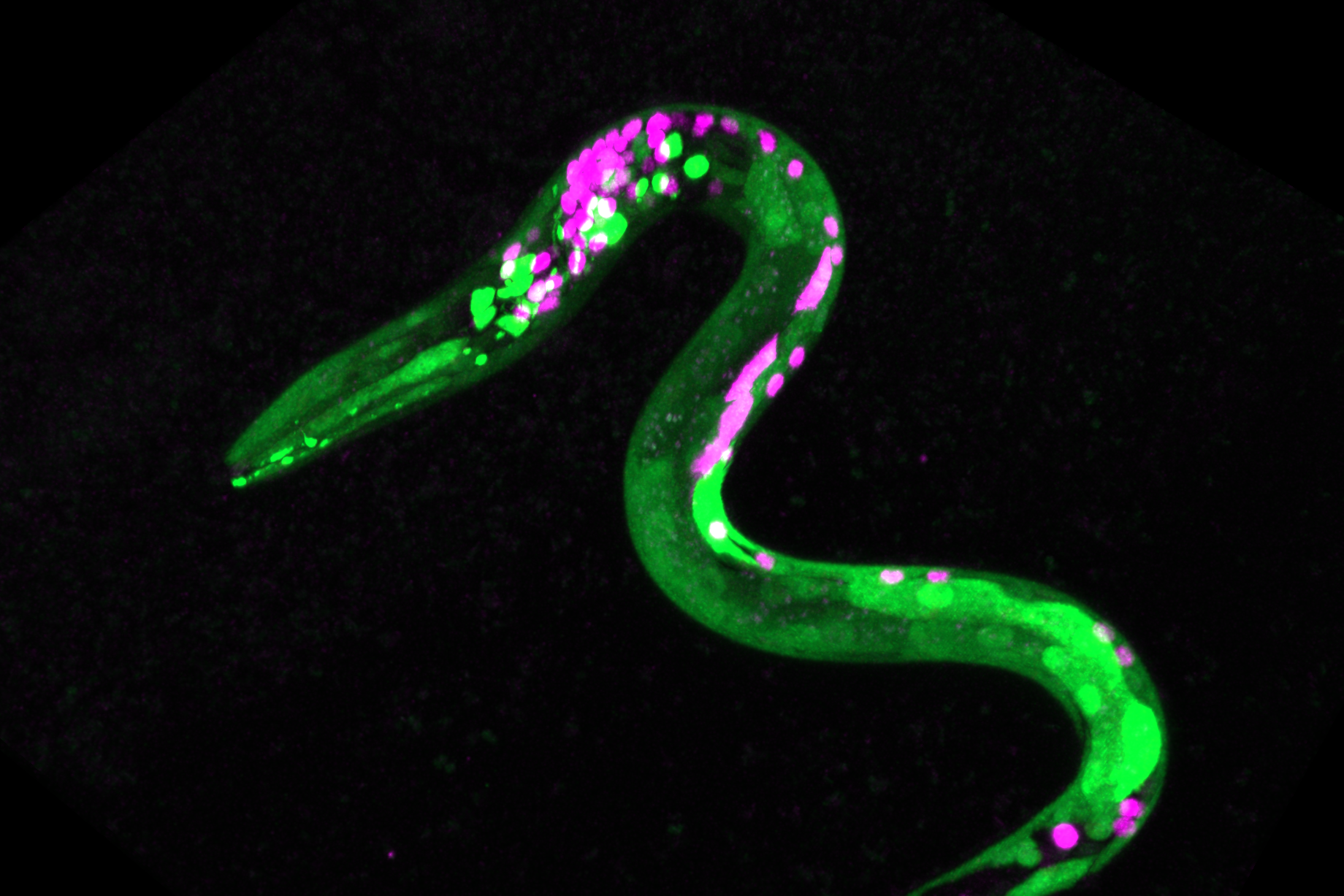Worms living near Chernobyl nuclear plant have developed a ‘super power’
Scientists made an exciting discovery when they started to investigate the site’s worms
Worms living near the world’s most well-known nuclear disaster zone appear to have developed new powers - immunity to radiation.
In a new study, scientists visited Chernobyl to investigate nematodes, tiny worms with simple genetic makeup, which rapidly reproduce.
The researchers gathered the worms from soil samples, rotting fruit and other materials and tested local levels of radiation.
The levels of radiation varied from low levels which would be recorded in large cities, and high levels that are found in outer space.
Scientists then took the worms back to New York University to freeze and study them.

Dr Sophia Tintor, lead author of the study, told The Daily Mail: “Chernobyl was a tragedy of incomprehensible scale, but we still don’t have a great grasp on the effects of the disaster on local populations.
“Did the sudden environmental shift select for species, or even individuals within a species, that are naturally more resistant to ionizing radiation?”
Since the 1986 disaster, animals have continued to live in the Ukrainian region despite persistent radiation nearly 40 years on.
Researchers have previously found animals living in the Chernobyl Exclusion Zone are genetically different to the same species found elsewhere.
Matthew Rockman, a biology professor at New York University, added: “These worms live everywhere, and they live quickly, so they go through dozens of generations of evolution while a typical vertebrate is still putting on its shoes.”
The researchers found despite high radiation, the genomes of the worms were not damaged.

The exciting discovery does not mean Chernobyl is safe, but suggests the worms are resilient animals which can withstand extreme conditions, Dr Tintori revealed.
20 genetically different worms were tested for their DNA damage to see if they had an unusual capacity to protect and repair their genetic material.
He said the findings suggested that animals in Chernobyl were not necessarily more tolerant or had evolved, but that the discoveries could lead to a better understanding of natural variation.
Join our commenting forum
Join thought-provoking conversations, follow other Independent readers and see their replies
Comments
Bookmark popover
Removed from bookmarks